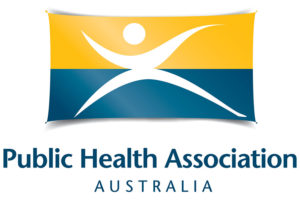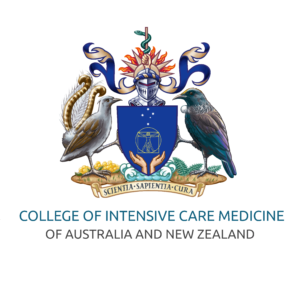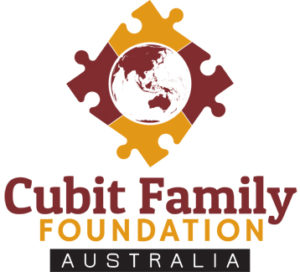Port Arthur
On a quiet Sunday in late April 1996 a single gunman, armed with military-style semi-automatic weapons shot dead 35 people, including children, and wounded 18 others at Tasmania’s historic Port Arthur. The incident reverberated throughout Australia and the impact on families, responders and the broader community was profound then and continues today.
The Port Arthur tragedy meant that in an 18 year period there had been 13 mass shootings that killed 104 people and wounded 52 others. Lives changed forever. The country was in shock but also angry that this violence could occur here. Families did not feel safe and the calls for Immediate change were heard across the country.
Politicians and Police Ministers acted quickly and together and provided bi-partisan leadership and support to bring forward real and substantial reforms to Australia’s gun laws.



























